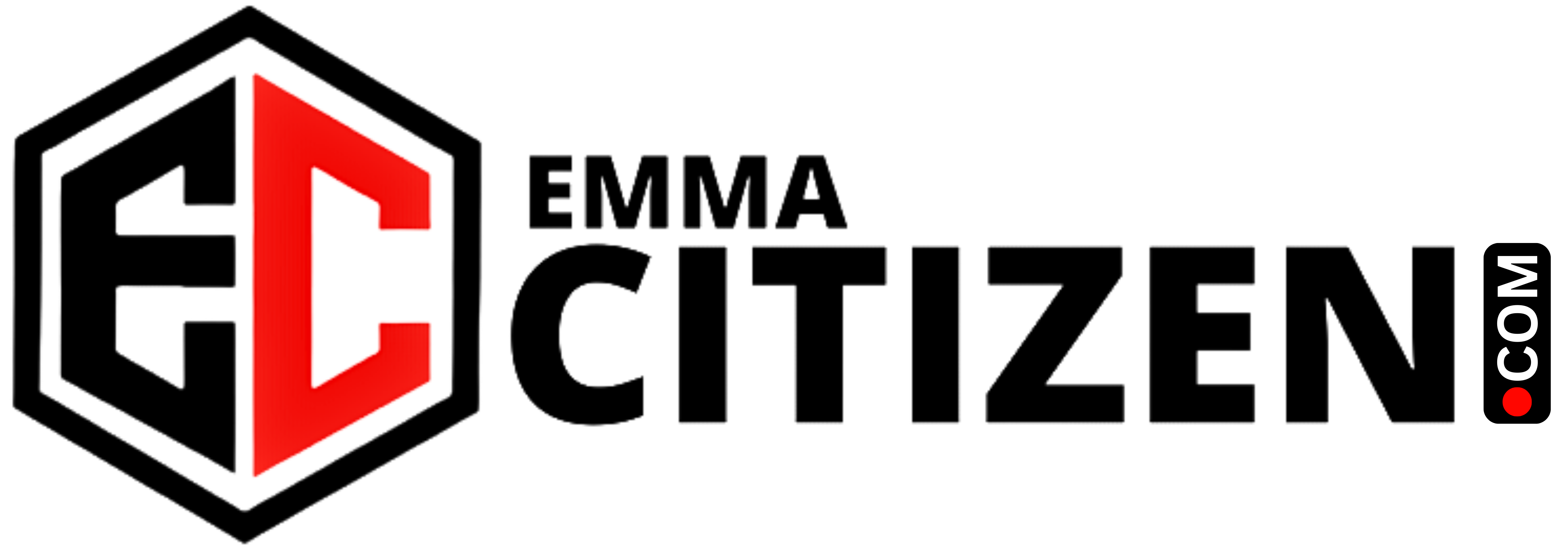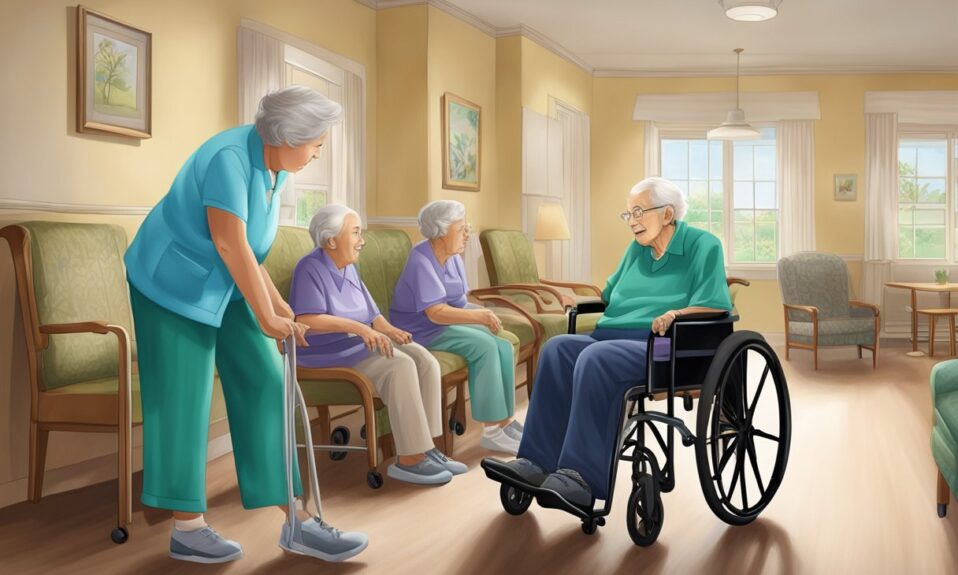Financial Aid & Scholarships For Medical Billing & Coding: Pursuing a career in medical billing and coding can be a rewarding path, but the financial burden of education can be a significant concern for many aspiring professionals. There are various financial aid options and scholarship opportunities specifically aimed at students in this field, making it more accessible than ever. By exploring these options, individuals can reduce their out-of-pocket expenses and focus on achieving their educational goals.
Many organizations and institutions offer targeted financial assistance to support students in medical billing and coding programs. This includes grants, scholarships from healthcare associations, and federal financial aid. Each option can help alleviate the costs associated with education and make it possible for dedicated students to succeed.
Understanding the application processes and eligibility requirements for these financial aids is crucial. Students need to take the time to research and apply for the resources available, as this proactive approach significantly enhances their chances of receiving support. Engaging with these financial opportunities not only opens doors to education but also helps pave the way for a successful career in the healthcare industry.

Understanding Medical Billing and Coding
Medical billing and coding are crucial components of the healthcare industry. They ensure accurate billing and proper documentation of patient services, which ultimately supports the financial health of medical practices.
Roles and Responsibilities
Medical billers and coders play distinct but interconnected roles.
- Medical Coders: They are responsible for translating healthcare services, diagnoses, and procedures into standardized codes. This coding is essential for insurance claims and helps in maintaining accurate medical records.
- Medical Billers: They handle the financial aspect, submitting claims to insurance companies and following up on unpaid invoices. Billers also manage patient accounts and communicate with both healthcare providers and patients regarding billing inquiries.
These professionals must stay updated with coding guidelines and insurance policies to ensure proper reimbursement and compliance.
Training and Certification Requirements
To pursue a career in medical billing and coding, candidates typically require formal training.
- Education: Many complete certificate or associate degree programs that cover coding systems like ICD-10 and CPT as well as billing procedures.
- Certification: Obtaining certification is beneficial and often required. Certifications from organizations such as the AAPC or AHIMA validate skills and knowledge.
Courses may include anatomy, healthcare regulations, and medical terminology. Many programs offer online options, making training accessible for diverse learners. Completing an internship can also provide practical experience and enhance job readiness.
Types of Financial Aid for Medical Billing and Coding Students
Medical billing and coding students have various financial aid options available to help cover their educational costs. These options include federal and state grants, scholarships, student loans, and work-study programs, each with unique eligibility criteria and benefits.
Federal and State Grants
Grants are a form of financial aid that do not require repayment. Federal grants, such as the Pell Grant, are awarded based on financial need. Eligibility is determined by the Free Application for Federal Student Aid (FAFSA).
State grants vary by location and may also consider factors like residency and specific programs. Many states offer grants specifically for healthcare-related studies, making them an attractive option for medical billing and coding students.
Students should research the availability of these grants in their state and ensure they meet application deadlines.
Scholarships and Fellowships
Scholarships are merit-based or need-based awards that help reduce educational costs. Various organizations, including professional associations and private foundations, offer scholarships for students pursuing careers in medical billing and coding.
Common examples include awards from the American Academy of Professional Coders (AAPC) and the National Association of Health Professionals (NAHP).
Fellowships may also be available, especially for students seeking advanced positions or specialized training. Applying for multiple scholarships can significantly alleviate financial burden.
Student Loans
Student loans are borrowed funds that students must repay with interest. Federal student loans, such as Direct Subsidized and Unsubsidized Loans, generally offer lower interest rates and favorable repayment terms compared to private loans.
Students should consider their long-term financial obligations when applying for loans. It’s essential to borrow only what is necessary and to understand the terms of repayment.
Researching loan forgiveness programs available for healthcare professionals can also provide potential financial relief post-graduation.
Work-Study Programs
Work-study programs allow students to earn money while attending school. These programs often provide part-time job opportunities related to the medical field, giving students practical experience while helping them afford their education.
Eligibility for work-study programs is granted based on financial need, as determined by the FAFSA. Positions may include office assistants in medical facilities or clerical roles within healthcare organizations.
Participating in work-study can be beneficial for gaining relevant experience and developing a professional network in the industry.
Identifying Quality Online Schools and Programs
Choosing a high-quality online program in medical billing and coding requires careful consideration of several factors. Key elements include accreditation, curriculum, and available student support resources. Each aspect plays a crucial role in ensuring that students receive a valuable education and are well-prepared for their careers.
Accreditation
Accreditation is a critical factor when selecting an online school for medical billing and coding. Accredited programs ensure that the education provided meets specific industry standards.
Key Accreditation Bodies
- American Health Information Management Association (AHIMA)
- American Academy of Professional Coders (AAPC)
Students should check if the program is accredited by recognized agencies. Some employers preferentially hire graduates from accredited schools, as this often indicates a higher level of competency. Additionally, most financial aid options require applicants to attend an accredited institution.
Curriculum and Outcomes
The curriculum should cover essential topics in medical billing and coding. Students should look for programs that provide a comprehensive overview of:
- Medical Terminology
- Coding Systems (ICD-10, CPT)
- Health Insurance Processes
- Compliance and Legal Issues
Moreover, the program outcomes matter significantly. Students should inquire about job placement rates and whether the school’s curriculum aligns with the demands of the workforce. Programs that offer hands-on experience through internships or labs are often more beneficial.
Student Support and Resources
Support services can greatly enhance the online learning experience. Quality programs should offer:
- Academic advising
- Technical support
- Career counseling
Access to resources such as libraries, online databases, and networking opportunities is also essential. Some schools provide access to industry-specific tools and software, which can be advantageous for practical skill development.
Understanding these aspects can help prospective students make informed choices about their education in medical billing and coding.
Steps to Apply for Financial Aid
Applying for financial aid involves several important steps. These steps include completing the FAFSA, researching available scholarships, and understanding loan options that can help support educational endeavors in medical billing and coding.
Completing FAFSA
The Free Application for Federal Student Aid (FAFSA) is the gateway to federal financial aid. Applicants must gather necessary documents, such as tax returns and Social Security numbers, and submit the FAFSA online at studentaid.gov.
It’s crucial to fill out the form accurately to avoid delays. Deadlines for submission vary by state and institution, so it’s advisable to check these dates to ensure eligibility for the maximum aid available. After submission, applicants receive a Student Aid Report (SAR), which outlines the expected family contribution (EFC) and eligibility for financial assistance.
Researching and Applying for Scholarships
Many scholarships are specifically available for students pursuing medical billing and coding. To find suitable options, students can use scholarship search engines, college websites, and professional organizations’ resources.
When applying, it’s essential to carefully read the requirements for each scholarship. Creating a checklist can help keep track of deadlines, required materials, and submission methods. Additionally, personal statements and recommendation letters are often integral parts of scholarship applications, so preparing these in advance can improve chances of success.
Understanding Loan Options
Students should consider their loan options carefully. Federal loans often offer lower interest rates and more flexible repayment terms compared to private loans. Key types of federal loans include Direct Subsidized Loans and Direct Unsubsidized Loans.
Students should start by filling out the FAFSA, as it can determine eligibility for federal loans. Research is important; comparing different lenders and understanding the terms, interest rates, and repayment schedules can help make informed decisions. Borrowers should also be aware of the implications of student debt on their future finances.









